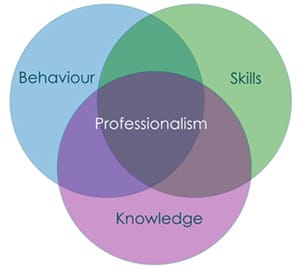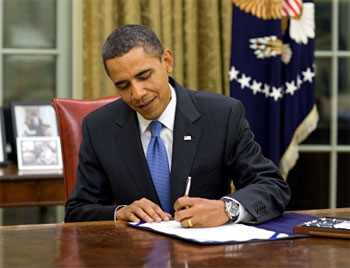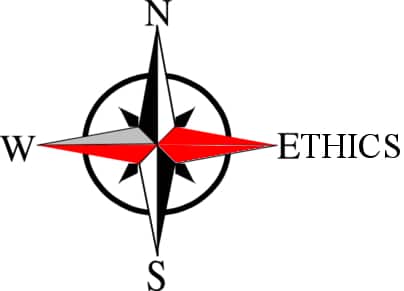Professionalism and Ethics: A missed connection?
 What does professionalism mean to you? Often, people who identify as a professional think of themselves not only as knowledgeable in their discipline, but also rational, objective and serving a higher purpose (e.g., the client’s needs). These are laudable goals, but new research shows that these characteristics could actually lead to people making self-interested, and ultimately unethical or damaging, decisions.
What does professionalism mean to you? Often, people who identify as a professional think of themselves not only as knowledgeable in their discipline, but also rational, objective and serving a higher purpose (e.g., the client’s needs). These are laudable goals, but new research shows that these characteristics could actually lead to people making self-interested, and ultimately unethical or damaging, decisions.
In a paper on Professionalism and Moral Behavior, Maryam Kouchaki of the Kellogg School of Management at Northwestern University, tests the hypothesis that an emphasis on one’s professional identity has a greater likelihood of an individual engaging in unethical behavior. This is an important inquiry in light of ethical failures in companies where lawyers and accountants often act as “gatekeepers” on ethics and compliance issues vis a vis corporate practices. Based on evidence from her lab studies and employee surveys, Kouchaki concludes that priming professionalism may actually lead to increased misbehavior.

 The prominence of compliance in organizations continues to rise. Recently, the US Department of Justice (DOJ) named
The prominence of compliance in organizations continues to rise. Recently, the US Department of Justice (DOJ) named  As we have long said, behavioral sciences are the key to unlocking better decision making, from study halls to the halls of power. This week, the White House echoed our view via
As we have long said, behavioral sciences are the key to unlocking better decision making, from study halls to the halls of power. This week, the White House echoed our view via  One challenge identified in academic literature on behavioral ethics and business is finding practical applications for the lessons learned from test environments. All of us at Ethical Systems, including our collaborators and partners, are working on how to best leverage these findings.
One challenge identified in academic literature on behavioral ethics and business is finding practical applications for the lessons learned from test environments. All of us at Ethical Systems, including our collaborators and partners, are working on how to best leverage these findings. I begin this week in my role as CEO of Ethical Systems. Joining this
I begin this week in my role as CEO of Ethical Systems. Joining this